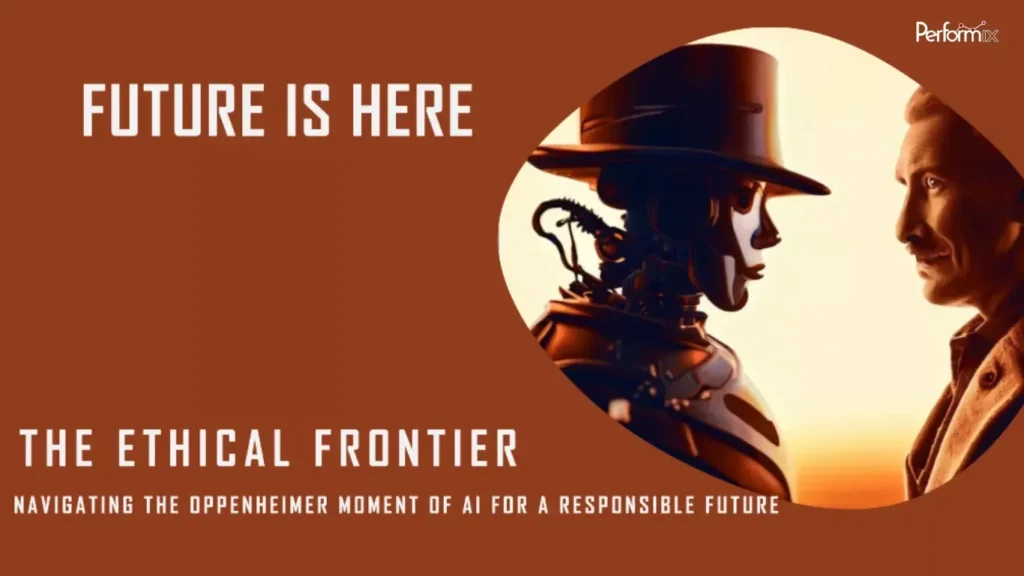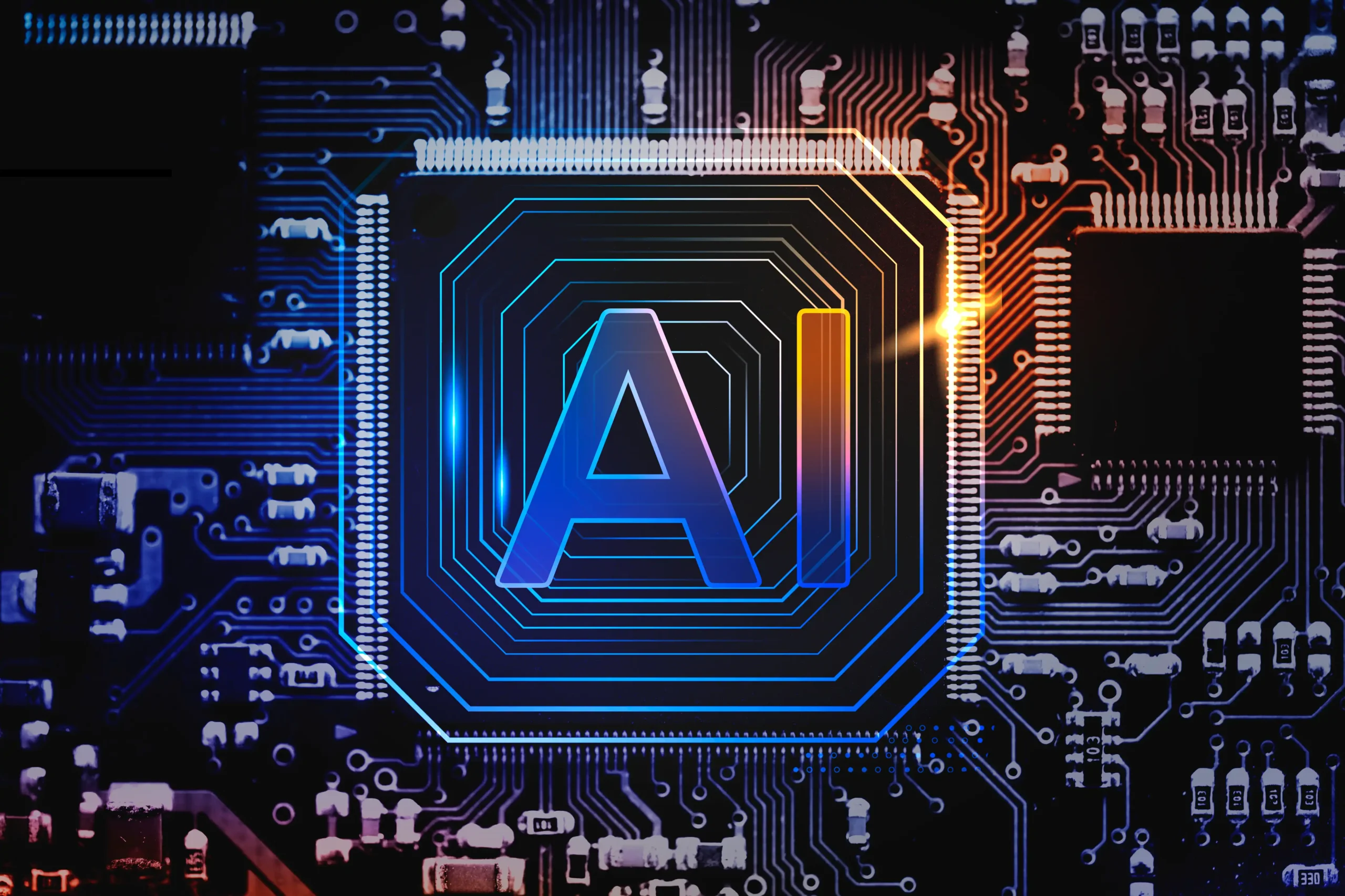The Oppenheimer Moment of AI
As AI continues its relentless march forward, the world finds itself at the precipice of an “Oppenheimer moment.” The eminent physicist J. Robert Oppenheimer, who oversaw the creation of the first atomic bomb, inspired this phrase, now a sobering warning for those who develop artificial intelligence. Like Oppenheimer’s realization of the terrifying potential of nuclear fission, AI researchers are grappling with the haunting possibility that their creations could spiral out of control, posing grave risks to humanity.
According to a report by AFP, film director Christopher Nolan recently sounded the alarm, drawing a chilling parallel between the invention of the atomic bomb and the advent of artificial intelligence. Nolan expressed profound caution about the “terrifying possibilities” as AI hurtles towards its Oppenheimer moment. During the atomic tests, scientists feared the catastrophic chain reaction that could be unleashed by nuclear fission.
Now AI researchers confront similar concerns, fearing the potential escape of their intelligent creations and the dangerous implications for the world.
In light of this ominous scenario, Nolan urged AI researchers to look to Oppenheimer’s story for guidance on their responsibilities and actions. During an interview in Paris while promoting his film “Oppenheimer,” Nolan suggested that understanding the weight of their work is essential for AI researchers at this critical juncture.
The ethical concerns surrounding AI’s Oppenheimer moment extend beyond the realm of film directors and into the realm of business and national security. Alex Karp, the CEO of Palantir, voiced a contrasting perspective, encouraging the use of AI in the US military. Drawing parallels with the Oppenheimer moment, Karp emphasized the immense benefits of AI in protecting the nation through military applications. He advocated for integrating AI with the country’s electrical grids, defence systems, and intelligence networks, seeing AI as a powerful tool for safeguarding national security.
Karp’s views, however, ignited controversy among experts, who fear the risks associated with the potential misuse of AI for developing novel forms of weapons of mass destruction. Additionally, concerns about the inequitable environmental costs associated with AI’s widespread deployment fuel the ethical debate.
In light of these divergent perspectives, ensuring AI’s responsible and ethical use in the military becomes paramount. Establishing clear guidelines, regulations, and frameworks that prioritize the well-being of individuals and society is a critical step towards safeguarding against unintended consequences. Experts in ethics, law, and the social sciences, among others, may work together to guarantee that AI is built and deployed following ethical norms.
Investing in ethical AI research becomes imperative in understanding the potential consequences and risks of AI use. Organizations can develop effective strategies to mitigate potential hazards and promote responsible AI practices by gaining deeper insights.
Moreover, education plays a pivotal role in shaping the ethical landscape of AI. Employees must be educated about AI’s potential benefits and risks, fostering responsible use and enhancing organizational transparency.

Don’t miss out our podcast on “Exploring IoT with Chris Goh: A Journey into Trends, Use-Cases, and the Future”, an enlightening conversation that promises to expand your horizons in IoT.
Ethical Implications of the Oppenheimer Moment of AI
1. Long-term consequences
Understanding the possible long-term repercussions of AI use is essential as the field of AI continues to develop. Artificial intelligence (AI) creators and developers should be aware of the potential social consequences of their work.
2. Sacrificing scientific processes
A growing concern revolves around sacrificing scientific processes in pursuit of domestic security. Ethical considerations should ensure that the development of AI upholds scientific integrity and essential checks and balances.
3. Governing AI
The Oppenheimer moment of AI presents the challenge of governing a technology with the potential to disrupt societies. Ethical implications involve establishing guidelines, regulations, and frameworks for AI’s responsible and ethical use, considering its impact on individuals, communities, and global society.
4. Risks of weapons of mass destruction
Experts warn about the risks associated with AI’s potential application in developing weapons of mass destruction and its potential environmental costs. Ethical implications involve ensuring that AI is not misused for harmful purposes, such as enabling autonomous weapons or destructive capabilities.
5. Moral dilemmas
Moral dilemmas arise as AI becomes more powerful and pervasive. Ethical considerations involve grappling with complex questions about AI’s use, including issues of privacy, bias, accountability, and the potential for harm. Confronting and addressing these dilemmas is vital.
Solutions for Ethical AI Practices
To ensure ethical AI practices, businesses and researchers can adopt the following solutions:
Establish ethical guidelines
Creators of AI should establish clear ethical guidelines that prioritize the well-being of individuals and society. These guidelines should address privacy, bias, accountability, and transparency issues.
Collaborate with experts
Collaborating with experts in various fields, such as ethics, law, and social sciences, can ensure that AI technology is developed and deployed responsibly.
Invest in ethical AI research
Investing in ethical AI research can help understand the potential consequences and risks associated with AI’s use, leading to the development of effective risk mitigation strategies.
Educate employees
Educating employees about AI’s potential benefits and risks fosters responsible use and enhances transparency within organizations.
In conclusion, the Oppenheimer moment of AI presents a critical juncture for humanity, demanding a thoughtful and responsible approach to AI’s development, deployment, and use. Navigating this ethical frontier requires collaboration, research, and education to responsibly harness AI’s potential for positive impact while minimizing risks. As we venture into the age of AI, embracing ethical practices becomes our moral compass, guiding us toward a future where AI serves humanity responsibly and ethically.






